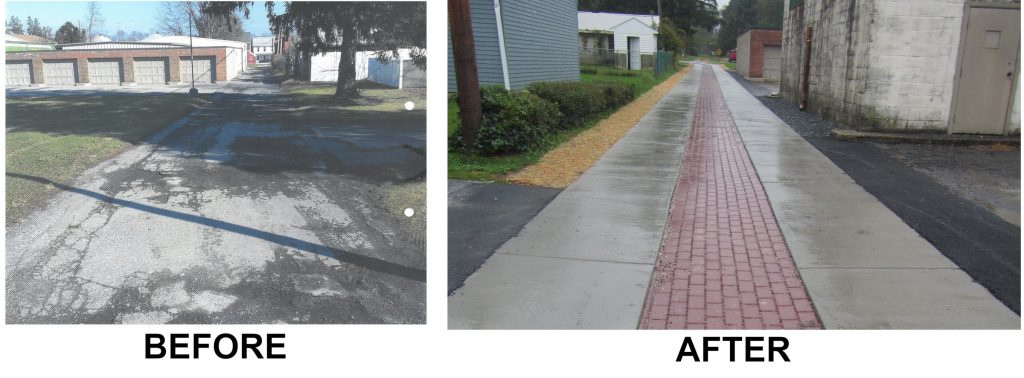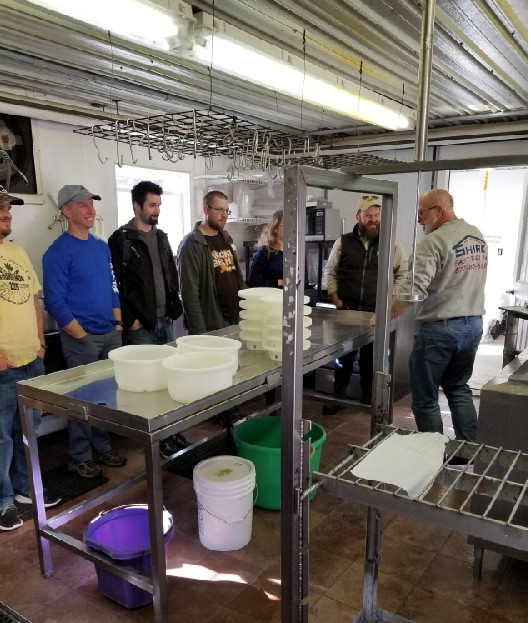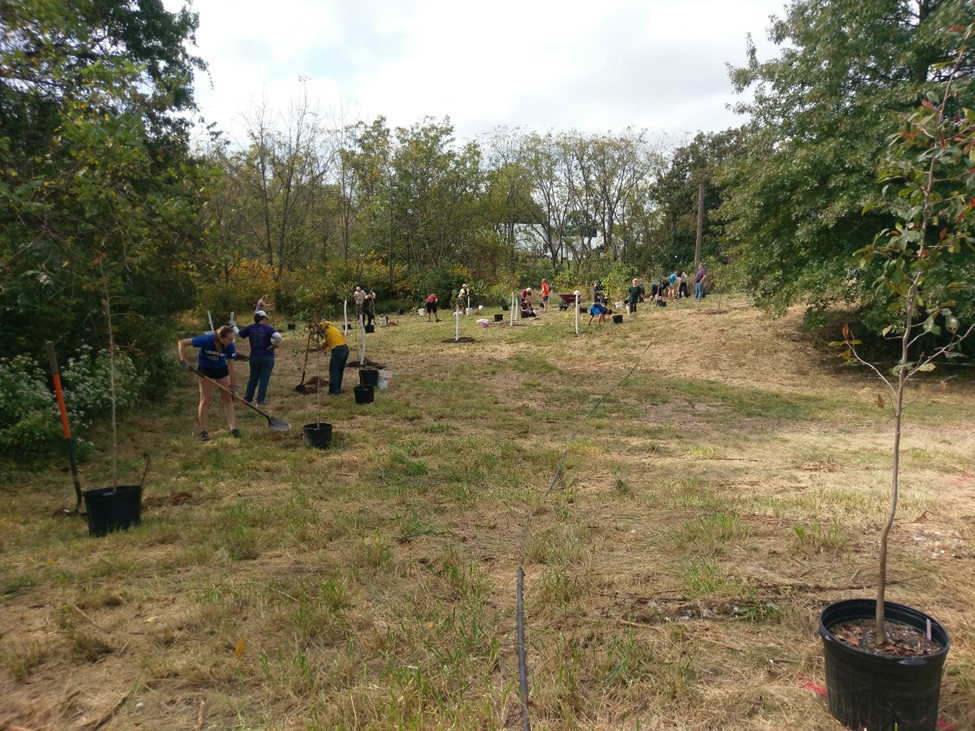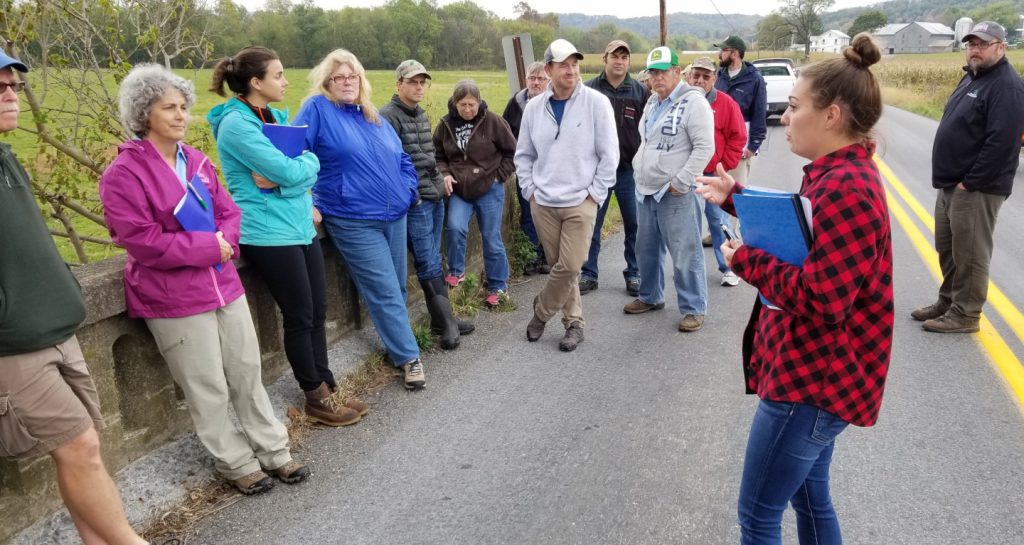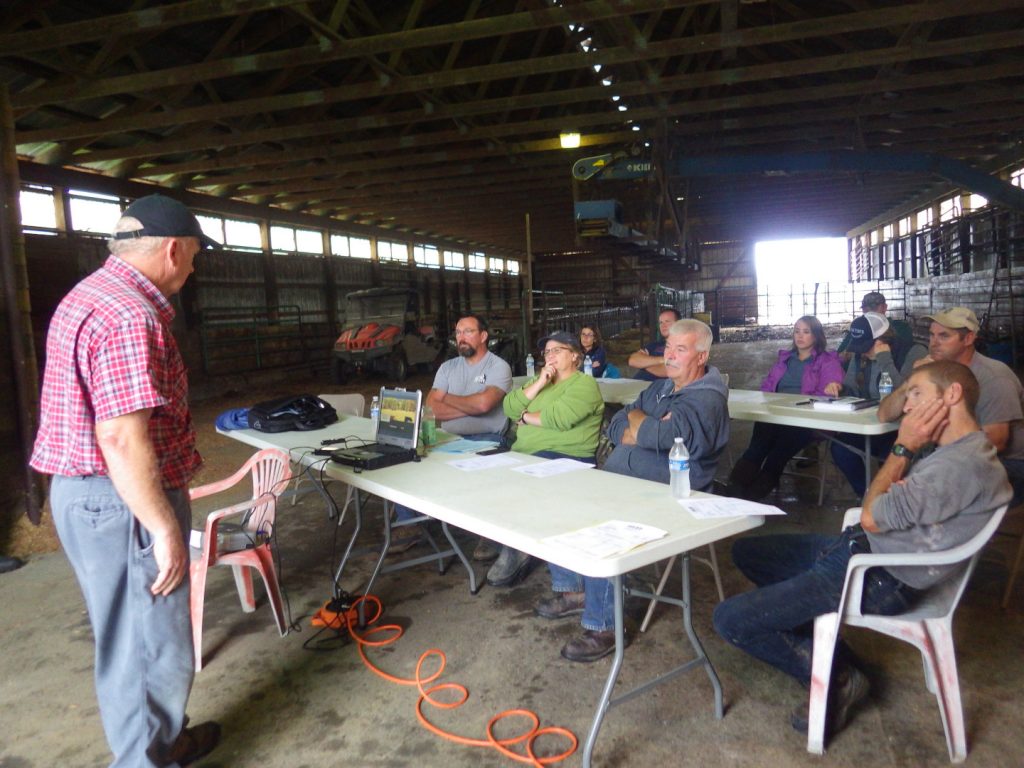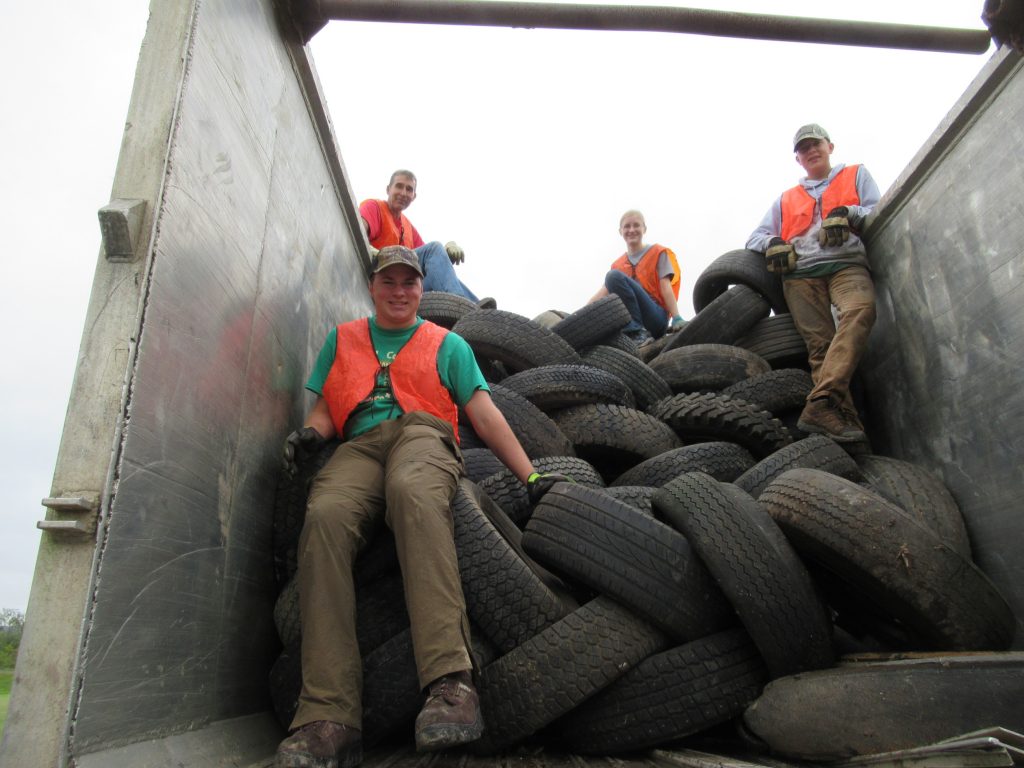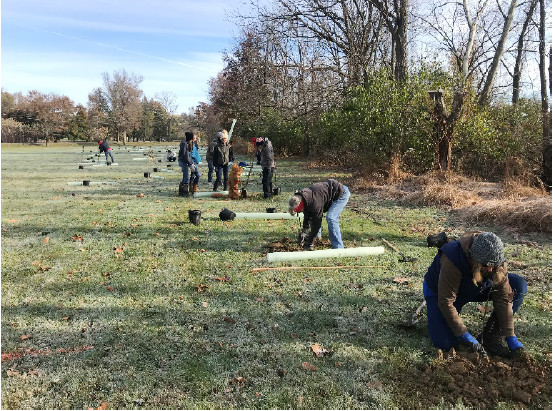
The Berks County Conservation District (BCCD) was awarded a $2,500 grant through the Conservation Reserve Enhancement Program (CREP) Outreach Program Office (administered by the Pennsylvania Association of Conservation Districts).
The grant funds were used to hold a community tree planting event on November 9, 2019. At the event, 20 volunteers helped to plant 130 trees on 0.6 acres. As part of the event, BCCD staff provided education on how to plant a forested riparian buffer, the environmental benefits, financial programs available, and required maintenance for the buffers to succeed.

Financial and other support for the CREP Outreach Program Office Mini-grant Program is provided by the Pennsylvania Association of Conservation Districts, Inc. through a Growing Greener Watershed Protection grant from the Pennsylvania Department of Environmental Protection and with additional support from USDA-NRCS.
Click here to read the entire article.



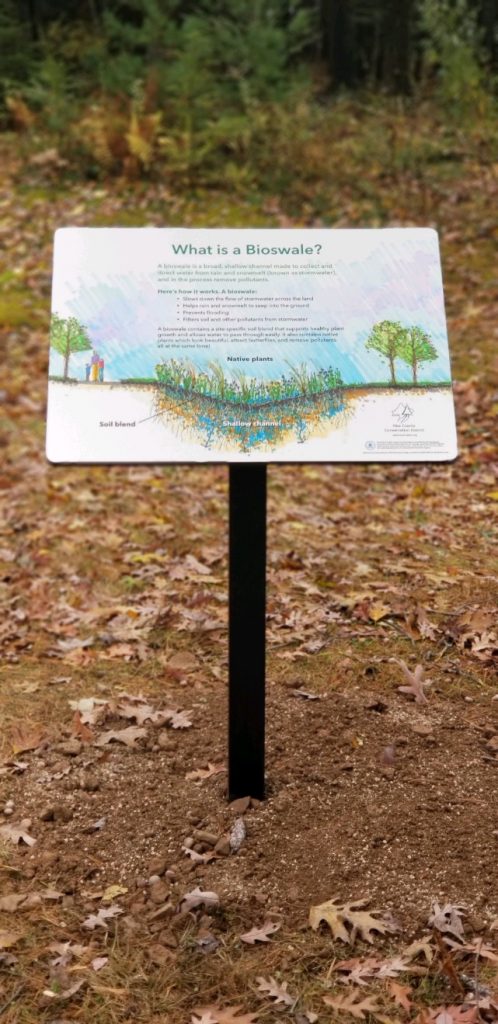

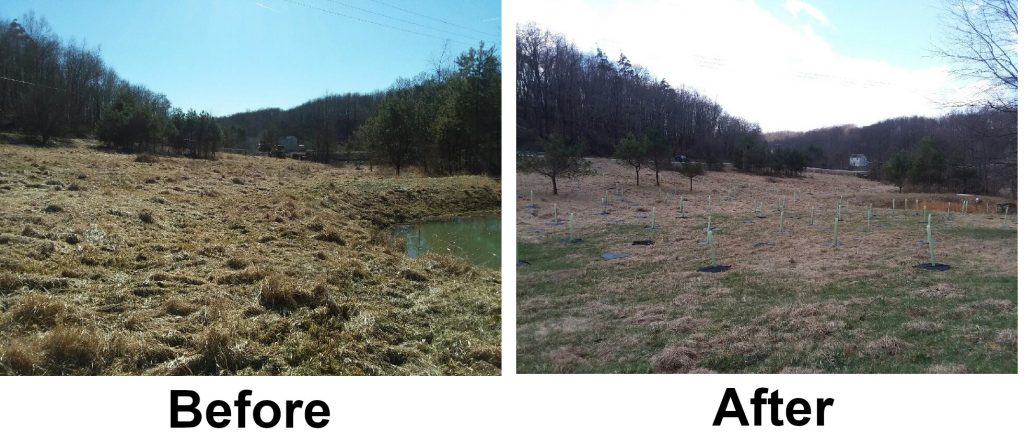
 Financial and other support for this project is provided by the Pennsylvania Association of Conservation Districts, Inc. through a grant from the Pennsylvania Department of Conservation and Natural Resources, Bureau of Recreation and Conservation.
Financial and other support for this project is provided by the Pennsylvania Association of Conservation Districts, Inc. through a grant from the Pennsylvania Department of Conservation and Natural Resources, Bureau of Recreation and Conservation.